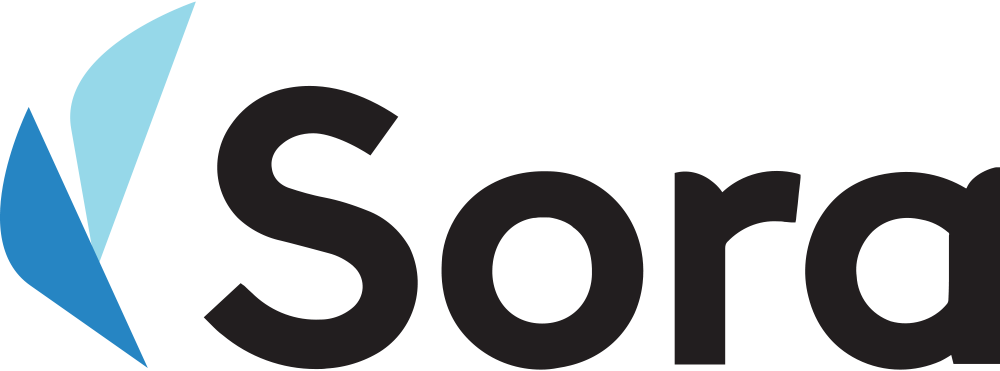Putting your cash to work: CD edition
Welcome to our cash management series. In this three part series we’ll be going through ways you can grow your money in a rising rate environment. In today’s article, we’ll go over Certificates of Deposit (CDs) and how they can be used to grow your money.
Introduction
“Where should I put my cash?”. The short answer is, wherever you can get the best yield with the liquidity parameters you need. One of these cash vehicles is the certificate of deposit, better known as a CD.
What is a CD?
CDs are a savings product that can hold your money for a fixed amount of time and earn interest through a fixed rate. This savings method is safer than investing in stocks and bonds because you don’t deal with market volatility, but your money’s growth opportunity is limited. Everyone from your local credit union to national bank offers a CD, which means shopping around for your CD is crucial to get the best rate.
The reason this is different from a high yield savings account is that the money must remain untouched throughout the term. Because you’re storing cash (aka losing liquidity) and are penalized, you typically see higher interest rates for CDs than a savings account.
What is the maximum amount I could purchase?
The maximum deposit is typically set by the financial institution that you are working with. If you are considering a deposit of more than $100,000 then this would be considered a jumbo CD. When borrowing from a FDIC member lending institution, your money up to $250,000 is insured by the government.
How does my money look with a CD?
A $10,000 deposit in a 12 month CD at 4.00% (as of November 2022) will yield $400 at the end of the 12 months. For a 24 month CD at 4.15% you will earn $847 at the end of the 24 month period.
Interest rates on a CD are determined by the federal funds rate. The federal funds rate determines the cost to a bank for borrowing money from the government. To reduce borrowing from the government, banks offer CDs so they can borrow from consumers. In today’s market, the cost of borrowing from the government is high, so banks will offer better rates to you.
How do I purchase a CD?
You can find CD rates through any financial institution like a local bank, credit union, or national bank. Once you have found your best rate for the term you are looking for, just get in contact with the lender and they can set up the CD.
What are the benefits?
CDs are risk-free and earn guaranteed money at a fixed rate
Higher rates than savings accounts
No monthly maintenance fees
Conclusion
In high inflation times it’s important to understand that there are still opportunities to grow your money. If you have cash in your savings account that you don’t plan to use for a period of time, right now is a perfect time to shop for a CD rate that is higher than your savings account rate. Stay tuned for next week's edition of our money management series – high yield savings accounts (HYSAs)!
